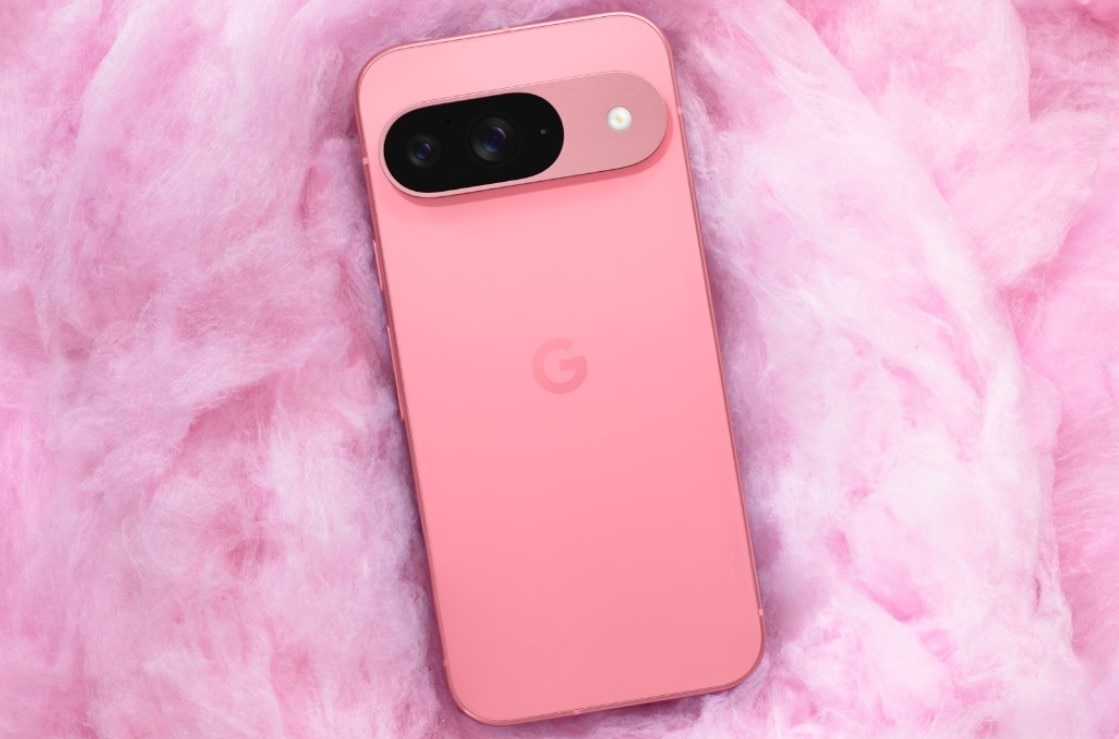Google has launched its new Pixel 9, Pixel 9 Pro, and Pixel 9 XL smartphones, and AI is, predictably, everywhere. The goal is to match Samsung’s and Apple’s approach to AI by adding new capabilities powered by Gemini and Gemini Nano, Google’s fundamental models.
Some of the features are interesting, and their usefulness is immediately clear. Call Notes, for example, allows recording and transcribing phone calls locally to search and remember important information. The new Screenshot feature does the same when we take a still of the screen. As long as Google doesn’t collect data from this feature for training or profiling purposes, these features will clearly benefit the user experience.
However, other “magic” and “reality-altering” features are quite the head-scratchers.
With the new “Add me” feature, for example, users can use a Pixel phone to take two separate group pictures, one without and one with the photographer, and the smartphone will proceed to create a final shot with everyone included.
The smartphone’s magic editor now makes it easier to alter and doctor pictures by adding elements that were never there, while the new Pixel Studio simplifies access to Gen AI imaging tools, letting users create AI-generated images in a few taps.
While it’s clear that the entire industry needs to find new ways to sell more phones amid a global slowdown, adding these types of reality-bending and easy-wow-inducing features seems like an unsustainable solution.
Google is so invested in the generative AI craze that it decided to set aside any possible ethical or practical consideration of how all these features can affect the users’ perception of what it means to perceive and document reality.
This is not necessarily a Google problem but rather an industry-wide issue that seems bound to soon crash against the dire limitations of generative AI, including its long-term costs (with as-of-yet non-existent returns on the investment) and well-documented power-consumption issues.
AI features aside, the Pixel 9, Pixel 9 Pro, and Pixel 9 Pro XL are good contestants in the 2024 premium smartphone category. Design-wise, Google kept iterating in the same direction, with a slight rework of the prominent back camera unit and focusing on ergonomics.
Specs are also top-notch, with more RAM and a brand new Tensor G4 processor designed by Google and DeepMind to offer the best possible support for all the new AI features.

Accademia Tadini on Lake Iseo reborn with Isotec
Brianza Plastica's Isotec thermal insulation system played a key role in the restoration of Palazzo Tadini, a masterpiece of Lombard neoclassical architecture and a landmark of the art world.












